Someone wrote to me recently asking me how I go about researching my books - do I look things up as I go along, or do I try to do it all beforehand?
When I wrote my first book, The Vanishing of Katharina Linden, I didn't think of myself as doing any formal "research" at all. The book is set in the real-life German town of Bad Münstereifel, and is crammed with references to the town's layout, its history and its local legends. However, I had been living in Bad Münstereifel for several years before I started writing the book, so I knew the town very well, and as I love folklore (especially creepy or bizarre stories) I had sought out as many local legends as I possibly could, long before I thought of weaving them into a story.
I suppose that if you are going to set a novel in a foreign location then the ideal thing is to go and live in that location for seven years (Murder in the Maldives, anyone...?). Sadly, however, this is not normally possible! I am currently in the middle of writing a trilogy set in Flanders (the Dutch speaking part of Belgium) and we only lived there for three years before moving on. I probably wouldn't have attempted setting a single book in Flanders if I hadn't tried to integrate into local life as much as possible when we were there: I took Dutch classes for three years, visited churches and castles, took part in local cycling event De Gordel, etc. However, once I started working on the trilogy, the gaps in my local information became clear, and that is where some extra research has come in.
I do try to build up as full a picture as possible of a book setting before I start writing. The second book in the trilogy, The Demons of Ghent, is (obviously) set in the Flemish city of Ghent, and in December 2011 I went over to Flanders to get to know the city in as much detail as possible (see pic above). I had visited Ghent before and fell in love with the city, but I was very aware that I knew little about it - for example, in what part of the city would my heroine, Veerle, and her family be likely to live? So I went over and spent days on end walking about the city, taking photographs, visiting churches, the castle, etc. Some friends who live in Ghent very kindly drove me about the city for a day too, telling me a bit about the character of each part of it - where the students live, where the rich people live and so on. I also bought a heap of books about Ghent, Flanders and Belgian culture and collected things like local tram maps and timetables.
All of this enabled me to choose the locations of the various scenes in the book with confidence, however, it was by no means the end of the story. For example, when the heroine gets up in the morning and wanders into the kitchen looking for breakfast, what is she going to find in the fridge? You can buy a lot of the same cereal products in Belgium as you can in the UK but she might just as easily have a waffle (what sort? the Brussels waffle? the Liège waffle? - check that too) or some cheese (check which ones are local to Ghent).
After breakfast the heroine decides to go into the picturesque old part of the city; I've already decided where she lives based on what my Ghentish friends have told me, but how is she going to get from there to her destination? There are trams but actually if you look at the routes, she would be better off walking - it would be cheaper and probably as quick.
Later on someone has an altercation in the street. If they stumble off the pavement into the road, is there a kerb? Are they going to stumble down or simply along? Haul out the photographs and take a look; check on Google Streetview too.
Of course it is still possible to make mistakes, no matter how carefully you research. There are pitfalls you haven't even thought about! In Britain a good way of getting the heroine out onto the street is to send her out to get a pint of milk and the paper. In Belgium many people tend to buy long-life milk in bulk from the supermarket; she'd be more likely to be going out for fresh bread from the bakery. Thinking of making a bequest part of the plot? Check this is actually possible. In some countries (eg Germany) it is quite hard to disinherit family members; they may be able to apply for a compulsory share of the estate.
Actually by this point I am marvelling at my own nerve in setting a book abroad in the first place...!
To be honest, though, it wouldn't be much easier for me to set one here in Great Britain. I lived abroad from 2001 to 2011 and I'm still relearning life in the UK. I'm not sure I could tell you how much a litre of milk costs here (nor how high the kerbs in Dundee are, nor what Glaswegians have for breakfast). Perhaps it's a case of Life imitating Art: I need to do more research...


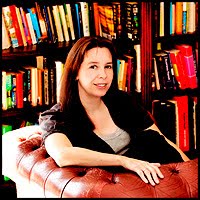
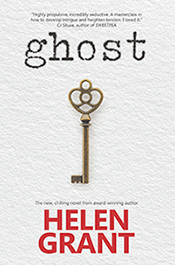
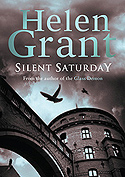
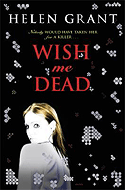
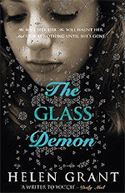
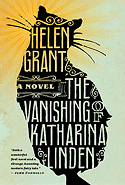
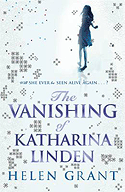
Awesome insight into your methods, Helen! I am impressed by your dedication to accuracy and details!
ReplyDeleteI think I'm slightly obsessive about it! I just can't BEAR the idea of someone writing in and pointing out some horrible error - though I suppose sooner or later that will happen! :-D
ReplyDelete